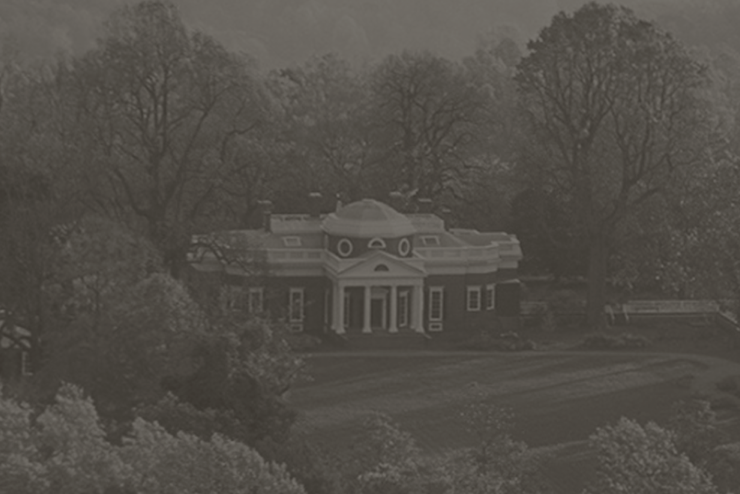Monticello is closed today, Friday, December 5, due to poor winter weather conditions.
9 Results for: Food & DrinkClear

Records rarely mention that the preparation, cooking, serving and cleanup for the meals enjoyed by Jefferson, his family and his guests was made possible by Monticello’s enslaved cooks and their families.

From writing the Declaration of Independence to commissioning the Louisiana Purchase, Thomas Jefferson is one of the most influential figures in our presidential history. But strides toward social and political freedom were not the only things he made relevant during his two terms. We have Jefferson's unique taste to thank for popularizing some of the most beloved foods in American culture—think ice cream, mac 'n' cheese and even french fries.

Everybody loves countdowns, right? Right. So, I’ve come up with my own list of things people get wrong about Jefferson, based on my extensive observation of the stuff people put on the Internet or ask us about.

With the coming of Thanksgiving comes also a burble of chatty news stories about the origins thereof, and usually something about turkeys. Not far behind comes some sort of mention of the Founding Fathers, and how they all felt about turkeys. I've seen several of these articles in the last few days and I don't know what else to think but that somebody out there has been working overtime, making up stories about Founding Fathers and turkeys.
ADDRESS:
1050 Monticello Loop
Charlottesville, VA 22902
GENERAL INFORMATION:
(434) 984-9800
